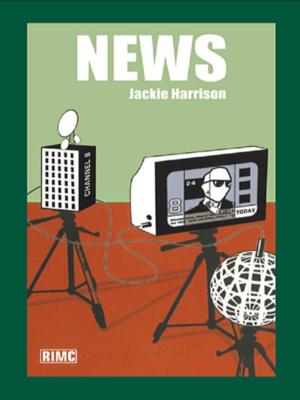Managing State Social Work
Front-Line Management and the Labour Process Perspective
Nonfiction, Social & Cultural Studies, Social Science, Social Work| Author: | John Harris | ISBN: | 9780429833212 |
| Publisher: | Taylor and Francis | Publication: | December 20, 2018 |
| Imprint: | Routledge | Language: | English |
| Author: | John Harris |
| ISBN: | 9780429833212 |
| Publisher: | Taylor and Francis |
| Publication: | December 20, 2018 |
| Imprint: | Routledge |
| Language: | English |
Published in 1998. The industrial model of the labour process developed by Braverman was applied to social work in the radical social work literature. The book engages in a more critical examination of the application of the labour process perspective to social work, with particular reference to front-line management in a local authority context. It begins with a review of the labour process literature which demonstrates the extent to which the independence of Braverman’s model on scientific management was undermined in the post-Braverman debate. The radical texts' orthodox Bravermanian approach to the social work labour process is considered. In those texts, the social work labour process is represented as having moved towards an industrial model which steadily encroached on the autonomy of front-line field social workers, through managers’ wresting of control over their work. The book advances an alternative model of the social work labour process which takes account of the distinctive features of social work, as a state-mediated, bureau-professional labour process. Findings from a small-scale case study of a social services department are presented. Data from the study are used to test the bureau-professional model of the social work labour process against the orthodox Bravermanian model. Developments in the social services department’s organizational structure are set out and the position of front-line managers is considered through an exploration of their identifications and commitments in relation to management and trade unionism. The data from their accounts support the bureau-professional model of the labour process and the position of front-line managers emerges as more ambiguous than the radical social work literature indicated. Front-line managers did not share global goals with senior management, nor were their interests merged straightforwardly with those of social workers.
Published in 1998. The industrial model of the labour process developed by Braverman was applied to social work in the radical social work literature. The book engages in a more critical examination of the application of the labour process perspective to social work, with particular reference to front-line management in a local authority context. It begins with a review of the labour process literature which demonstrates the extent to which the independence of Braverman’s model on scientific management was undermined in the post-Braverman debate. The radical texts' orthodox Bravermanian approach to the social work labour process is considered. In those texts, the social work labour process is represented as having moved towards an industrial model which steadily encroached on the autonomy of front-line field social workers, through managers’ wresting of control over their work. The book advances an alternative model of the social work labour process which takes account of the distinctive features of social work, as a state-mediated, bureau-professional labour process. Findings from a small-scale case study of a social services department are presented. Data from the study are used to test the bureau-professional model of the social work labour process against the orthodox Bravermanian model. Developments in the social services department’s organizational structure are set out and the position of front-line managers is considered through an exploration of their identifications and commitments in relation to management and trade unionism. The data from their accounts support the bureau-professional model of the labour process and the position of front-line managers emerges as more ambiguous than the radical social work literature indicated. Front-line managers did not share global goals with senior management, nor were their interests merged straightforwardly with those of social workers.















